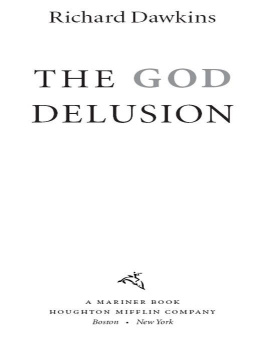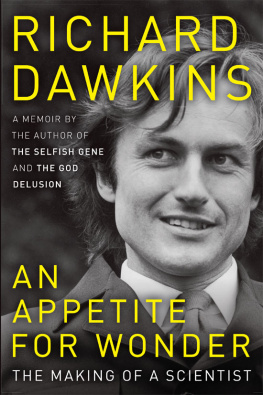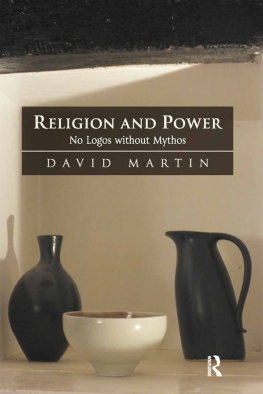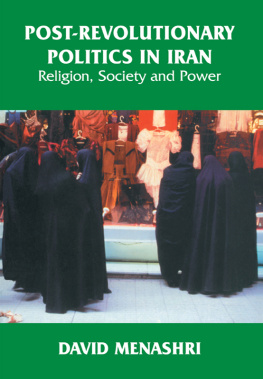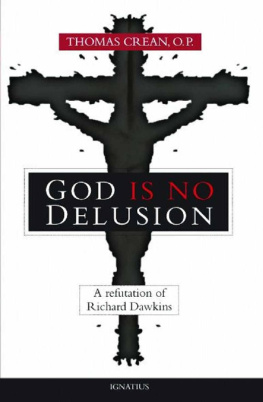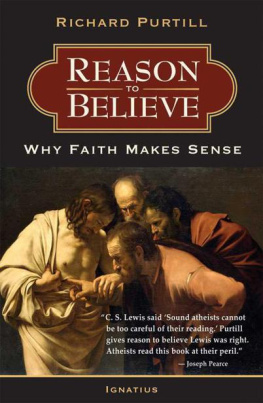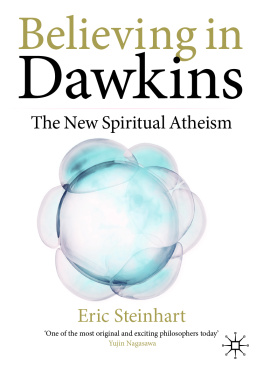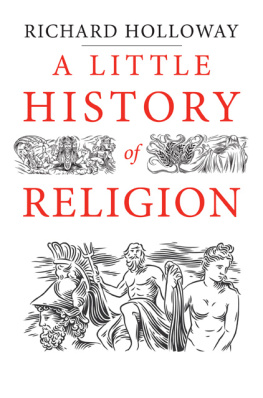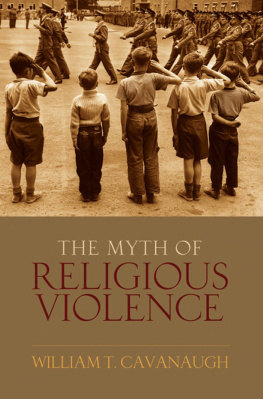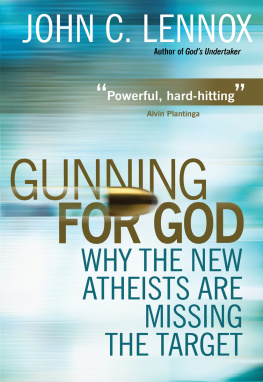RELIGION AND POWER
At last, a book from a leading sociologist about the real relations between religion, politics and violence. It sets the standard for future discussions.
Keith Ward, University of Oxford, UK
Not since the writings of R.H. Tawney have the sociological and moral imaginations been joined in such an eloquent defence of both reason and religion. Martin not only commits us to the most rigorous of reflections on religion and power, he also demands we engage with the power and authority of religion.
Adam Seligman, Boston University, USA
The complicated and very varied relationships between faith and power can only be understood by making comparisons between different societies and at different points in their history. This is the great strength of David Martins analysis. His knowledge is wide and he compares with great skill. It is a refreshing change from the ignorant and purely ideological analyses provided by our born-again atheists in which faith inevitably renders malign the exercise of power and anyway must give way to a brave new secular and enlightened world. David Martin has shown both that religious convictions and religious institutions continue to be directly and indirectly important in shaping the uses of power and that the consequences of this vary both by which religion we are considering and by the way faith is embedded in and interacts with other aspects of the social order. In this latter respect faith is no different from secular political beliefs and values. Truly a masterpiece of comparative sociology.
Christie Davies, University of Reading, UK
This book offers new insights into the evolution of religion, and its complex relations to modern nationalism and politics, relations characterized by both borrowing and opposition. Attempts to mark a neat separation between religion and the secular do more to obscure what is going on in our world than clarify the moral issues we face. David Martins careful analysis casts floods of light on the real world, in which no group is pure, and all honest agents have to face dilemmas, often agonizing. There is much more in this broad and stimulating book, including reflections on the continued significance of sacred spaces in contemporary cities, and their relations to each other.
Charles Taylor, McGill University, USA
There are few more contentious issues than the relation of faith to power or the suggestion that religion is irrational compared with politics and peculiarly prone to violence. The former claim is associated with Jrgen Habermas and the latter with Richard Dawkins. In this book David Martin argues, against Habermas, that religion and politics share a common mythic basis and that it is misleading to contrast the rationality of politics with the irrationality of religion. In contrast to Richard Dawkins (and New Atheists generally), Martin argues that the approach taken is brazenly unscientific and that the proclivity to violence is a shared feature of religion, nationalism and political ideology alike rooted in the demands of power and social solidarity.
to Izaak
Religion and Power
No Logos without Mythos
DAVID MARTIN
London School of Economics, UK
ASHGATE
David Martin 2014
All rights reserved. No part of this publication may be reproduced, stored in a retrieval system or transmitted in any form or by any means, electronic, mechanical, photocopying, recording or otherwise without the prior permission of the publisher.
David Martin has asserted his right under the Copyright, Designs and Patents Act, 1988, to be identified as the author of this work.
Published by
Ashgate Publishing Limited
Wey Court East
Union Road
Farnham
Surrey, GU9 7PT
England
Ashgate Publishing Company
110 Cherry Street
Suite 3-1
Burlington, VT 05401-3818
USA
www.ashgate.com
British Library Cataloguing in Publication Data
A catalogue record for this book is available from the British Library
The Library of Congress has cataloged the printed edition as follows:
Martin, David, 1929
Religion and power-no logos without mythos / by David Martin.
pages cm
Includes index.
ISBN 978-1-4724-3359-6 (hardcover) ISBN 978-1-4724-3360-2 (pbk.) ISBN 978-1-4724-3361-9 (ebook) ISBN 978-1-4724-3362-6 (epub)
1. Religion and politics. 2. ReligionPhilosophy. 3. Political sciencePhilosophy. I. Title.
BL65.P7M348 2014
201'.72dc23
2013051044
ISBN 9781472433596 (hbk)
ISBN 9781472433602 (pbk)
ISBN 9781472433619 (ebk-PDF)
ISBN 9781472433626 (ebk-ePUB)
Contents
Acknowledgements
, Secularisation, Secularism and the Post-Secular: The Power Dimension, was given at Moscow State University in September 2013 and at Heidelberg University in July 2013. It was translated into German, and published in Russian and English in Religion, State and Church in Russia and Worldwide (Fall 2013).
A shortened version of was originally a short paper given in Vienna for the IWM conference on secularism in June 2012, chaired by Charles Taylor, at the Institut Franais, Vienna.
, The Political Future of Religion, was prepared for a conference arranged by Villa Gillet, Lyons, in November 2012, and published on its website.
on Nationalism and Religion: Collective Identity and Choice was given as the Ernest Gellner Memorial Lecture for 2013, at the London School of Economics (LSE) in April 2013, and published in Nations and Nationalism i 20:1, January 2014.
, pp. 4051. I am grateful to Routledge for permission to reprint.
was published as Religin, poltica y secularizacin: comparaciones entre Europe del Oeste y del Este in Rodrigo Muoz, Javier Snchez Caizares and Gregorio Guitin (eds), Religin, Sociedad Moderna y Razn Prctica (Pamplona: EUNSA, 2012), pp. 1531. It was also translated into Ukrainian for the purposes of the University of Lviv during my visit there in 2011.
was given at the Ernst-Troeltsch-Gesellschaft Kongress in Munich in October 2011.
A shorter version of was given at a conference on post-secularity held at Groningen University in 2009 and published in Arie Molendijk, Justin Beaumont and Christoph Jedan (eds), Exploring the Postsecular: The Religious, the Political and the Urban (Leiden and Boston, Mass.: Brill, 2010), pp. 34562. I am grateful to Brill for permission to reprint.
Discussions related to the argument of this book are to be found in my two articles for the 2014 Wiley-Blackwell volumes on World Christianity edited by Michael McClymond and Lamin Sanneh: one deals with secularisation in Europe and North America and the other with Christianity, Western music and the return of the sacred.
Introduction
A major section of this book criticises New Atheist rhetoric for its indifference to a social scientific understanding of the social role of religion, or maybe simple ignorance of it. This section also draws attention to the verbal violence displayed by New Atheists when fastening the blame for violence on religion and claiming innocence for themselves.
Apart from its critique of the rhetorical strategies of contemporary New Atheists, this book has a radical and contentious thesis: the importance of analysing religion and politics in the same conceptual frame. We cannot discuss the place of religion in our public life as though we were dealing with irrational religion in the private sphere and rational politics in the public sphere. That procedure is as morally outrageous as it is scientifically untenable. I have summed up my case in the phrase No Logos without Mythos, meaning by that an irreducible core of narrative myth and a grammar shared by religion and politics


